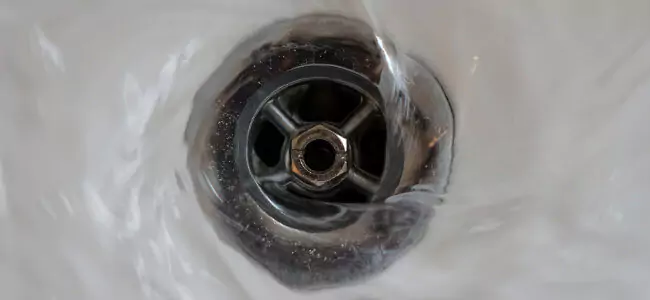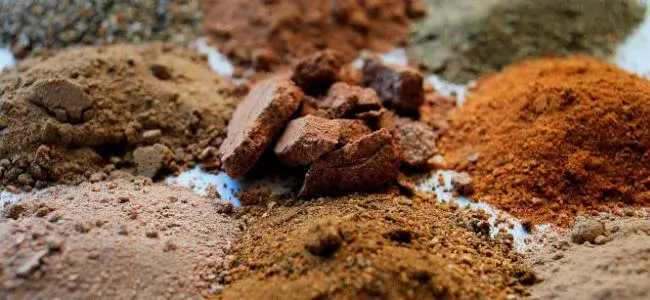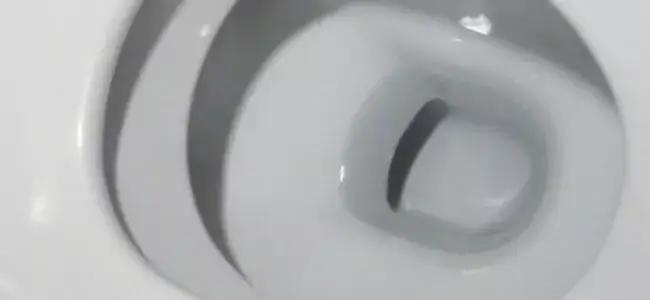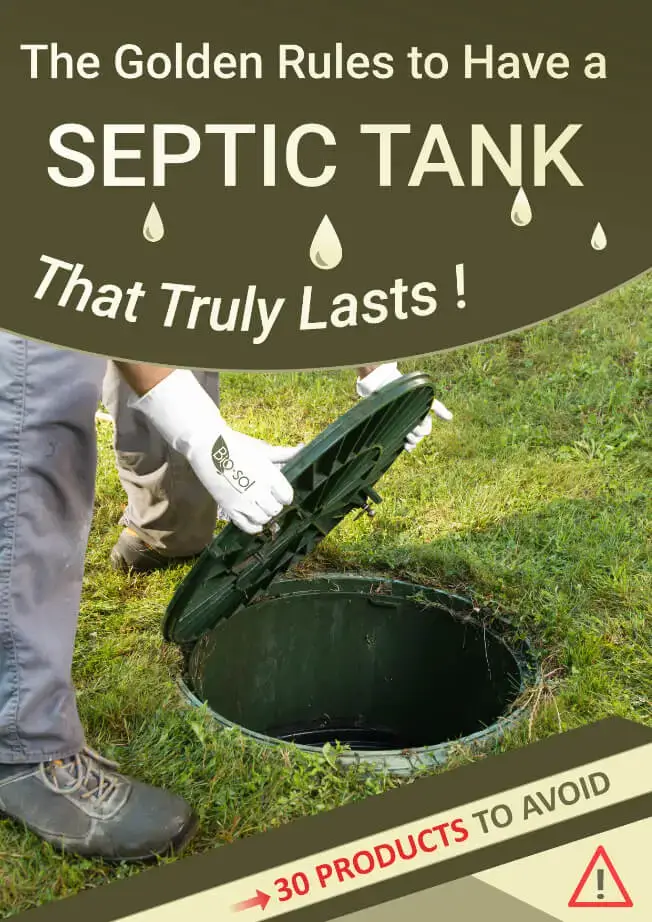How to properly inspect a blocked drain and how to fix it

TABLE OF CONTENTS
Blocked drains can be such a nuisance. When the pipes are clogged, they can cause wastewater to back up into the house thereby creating a smelly mess. The organic matter will also settle in the clogged section of the pipes and start decomposing thereby resulting in unpleasant odors drifting through the house. Clogs must, therefore, be dealt with swiftly before they lead to something else.
Signs of a blocked drain
A stitch in time will save nine. Identifying a possible clog before the problem escalates will make your life easier. Not only will unclogging the pipes be easier but you also get the chance of stopping other serious problems like transmission of diseases. Here are the tell-tale signs that could point to a possible blocked drain.
Gurgling noise in the plumbing – If you hear gurgling sounds in the plumbing, it could be a sign of a blocked drain. This is usually caused by trapped air in the drain. The air could get trapped as a result of the blockage.
Sluggish drain – It makes sense that if there is any blockage in the drain, water will drain slowly. That’s because the water has to filter through the debris that is causing the blockage.
Unpleasant odors – If your nose picks up foul odors in the house or in the yard, do not take it for granted because it could mean that your drain is clogged. Drains can get blocked due to food debris getting stuck in the drain. As bacteria start to break down these food particles, they emit hydrogen sulfide which smells like a rotten egg. This foul smell can find its way back into the house.
Water backing up in the toilet – If you notice the water levels in the toilet rising more than usual, then you probably have a blocked drain. If the blockage is not taken care of as soon as possible, this water could continue rising until it starts to overflow onto the bathroom floor.
Inspecting and unblocking a blocked drain
It can be unnerving to imagine that a drain that is hidden beneath concrete and soil is blocked. How do you reach the drain in these hard-to-reach areas in order to investigate the blockage? Well, you can use CCTV cameras. Not only can the camera help you to locate the exact location of the blockage but you can see what debris is causing the blockage. This can help you to know the best method of unblocking it. The camera can also help you identify if the blockage is caused by some other factor like breaches in the pipe. The subsurface video eliminates guesswork from the diagnosis and this will save you a lot of time and money. After using live and recorded footage to determine the cause of the blockage, you can go ahead and do the unblocking. There are three main techniques that are usually used for this.
Water Jetting
Water jetting is done by using high-pressure water jets to clear the blocked drains. Water jetting is a popular method of clearing blocked drains because it is fast, safe and quite effective. However, it should be used with caution if you have a septic tank because introducing too much water into the septic tank at once could result in hydraulic overloading.
Rubber plunger
Sometimes, a rubber plunger may be sufficient to unblock the drain. Ensure the rubber cup has covered the drain area properly before you start and then run water into the fixture so that you have plenty of water in the sink, tub or toilet. Once this is done, patiently work your plunger by moving it up and down as you observe the water. If it starts flowing normally again, it is a sign that the drain has been successfully unblocked.
Shock treatment
This is by far the safest way of dealing with blocked drains. Shock treatment refers to a biological approach to cleaning blocked drains. You do this by pouring biological additives down the drain. For instance, adding SeptiDrain from bio-Sol will introduce biosurfactant with bacteria which will immediately start to break down the organic matter that has clogged up the system.
Note: drain cleaners are not recommended for the septic system. Even though they will do a good job of unclogging the drains, they are also toxic and will, therefore, affect the bacteria in the septic tank.
Conclusion
Be sure to wear gloves and eye goggles before you start inspecting the drain. Once you are done, remove your clothes and wash your hands thoroughly with soap and water. Do not hesitate to seek professional help if you are not too sure about how to carry out the inspection. But even if you are handy and the problem is a bit serious, you might still need to call a plumber. The rule of thumb is, it is always better to be safe than to be sorry.
OUR LATEST BLOG POSTS

Strange facts about septic systems
If you are a septic system owner, you might have heard all manner of myths. For instance, there is a common myth that throwing a dead cat in the septic tank can help rejuvenate bacteria and thereby make the septic tank more effective. But is this even true? In this article, we will not only answer that […]

Soils types and their impact on septic systems
SOILS TYPES AND THEIR IMPACT ON SEPTIC SYSTEMS However good your septic system is, it depends on the right soil type to complete the process of purifying the wastewater from your home. The soil type in the drainfield area will determine how well the effluent is filtered and if the water that is sent back to the […]

Avoid flushing these if you have a septic tank
Most homeowners wrongfully assume that their toilet can serve as some sort of garbage disposal. As a result, they end up flushing all manner of things in the toilets. Some of the things that are flushed down the toilet are actually innocent mistakes because homeowners think that is the right way to dispose of the products while in other cases, it is just a don’t care attitude. Whichever the case may be, flushing some of these things can result in septic system failure and it could cost you a fortune. We have rounded up some of the commonly-flushed products that you should never flush if you have a septic system.
PERFECT! I WOULD NEED...
Discover which products are the best for your needs!You can contact us at 1-800-378-6132 (toll free) or click on the following button to access our free online evaluation.
GET A QUOTE ONLINELog in to your account
Whoops! It happens sometimes...
CREATE A NEW ACCOUNT
CONGRATS!
You are now registered and ready to go. You can add and change any of your information on your client profile.
Unfortunately, we do not ship our products to the USA at the moment.
But, if you live in the United States and would like to order them, please fill in the form below. You will then be notified as soon as they are available in your country.
Thank you for your understanding!
Malheureusement, nous n’expédions pas nos produits en France pour le moment.
Mais, si vous êtes résident français et aimeriez les commander, remplissez s’il vous plaît le formulaire ci-dessous. Nous pourrons ainsi vous aviser aussitôt qu’ils seront disponibles dans votre pays.
Merci de votre compréhension!

-
30 products to avoid
-
What to replace them with
-
And everything you should know about your septic system
DOWNLOAD THIS FREE EBOOK!
Which email address should we send it to?


